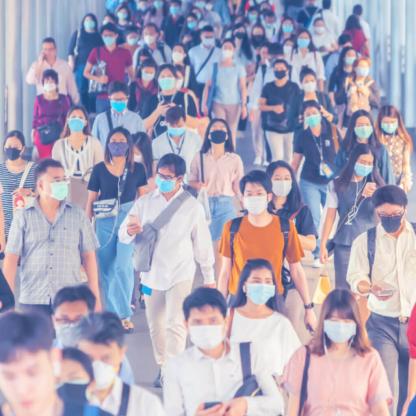In the book Building Trust: In Business, Politics, Relationships, and Life, American authors Robert Solomon and Fernando Flores assert that trust isn’t something that’s constantly present but is rather cultivated – an active and dynamic part of life. They also introduced the concepts of naive trust, which is easily broken, and authentic trust, which is “sophisticated, reflective, and possible to renew.”
This brings us to the topic of the Philippines’ trust landscape. Which institutions drive trust within the country? Is the trust they have built naive or authentic? How different is the trust landscape today compared to that of the pre-pandemic Philippines?
These questions and more were some of the points tackled last November 24 during the virtual launch of Rise and Respond: Trust Rewards the Agile and Future-Ready, the 2021 edition of the Philippine Trust Index (PTI). The PTI is communications firm EON Group’s biennial study that takes a picture of the country’s trust landscape, including the different factors that affect the Filipinos’ trust in six key institutions: the government, the business sector, the media, non-government organizations, the Church, and the academe.
The report presentation was followed by a panel discussion featuring experts representing each institution: Atty. Kristian Ablan, undersecretary at the Presidential Communications Operations Office and program director of the country’s Freedom of Information Program; Ruth Novales, VP for Corporate Affairs at Nestlé Philippines; journalist Camille Elemia; Atty. Gianna Montinola, co-founder of Hands On Manila; ABS-CBN chaplain Rev. Fr. Tito Caluag; and Dr. Jamil Paolo Francisco, the interim School Head of the Asian Institute of Management’s Stephen Zuellig Graduate School of Development and Management. The forum was moderated by sociologist Dr. Jayeel Cornelio who is also the director of Ateneo de Manila University’s Development Studies Program.
During the discussion, Ms. Elemia expressed relief in seeing the media’s increased trust level this year after the constant tirades that journalists had received pre-pandemic from the current administration, which undermined their credibility. However, she also recognized the media’s continuing challenge of providing accurate information 24/7 and the consistency with which it needs to do this to further increase public trust. This includes journalists judiciously selecting the stories to report on and avoiding sensationalist angles so that the public can focus on the stories that have actual implications on their lives.
When it came to the trust in the Church, Fr. Caluag observed how the institution has been able to maintain its high overall trust level while also seeing a decrease in extreme trust. As an institution whose work is based on faith, the reverend believes it’s not just the quantity but the quality of trust that it must nurture. He believes that the continued high trust in the Church is due to its leadership that works “tao-tao” or on a personal level to create an environment where members of the congregation feel cared for. However, he acknowledges the institution’s need to reinvent its traditional clerical structure of authority where a congregation often defers to a priest’s opinions. In his view, the Church must foster greater solidarity among its community, particularly among younger members who could be encouraged to participate more actively in its initiatives.
For his part, Dr. Francisco was glad to see that trust in the academe remains high since it is an institution whose work is about the search for the truth, even with the proliferation of so-called alternative channels of information. According to him, trust is a fundamental core of economic activity: People need to gauge first whether an institution such as the academe is trustworthy enough for them to engage (or continue to engage) with. He wondered, however, if the academe is communicating enough of what it does to the public, given the netizens’ mostly neutral sentiment for it and the millennials’ tempered trust in it. With upskilling a more crucial aspect now in an individual’s career rather than a degree, the educator stated that teaching is only one element of the academe’s job. Teachers must also help students generate their own ideas.
A big winner in this year’s trust landscape is the NGO sector, whose trust rating nearly doubled since 2019. Atty. Montinola described this spike as “a function of everybody’s work,” with NGOs mostly composed of volunteer members. Especially in light of organizations being used by “unscrupulous” individuals and groups in the past, the sector’s visibility during the pandemic has been part of its hard climb to earn back public trust. She also credits the multi-sectoral effort that went into the country’s pandemic relief since tending to the basic needs of Filipinos during the crisis is a task that cannot be fulfilled by only one institution.
Meanwhile, the government’s trust standing is a little more complicated. While the institution mostly maintained its 2019 trust level, its pandemic response has caused a negative change in the perception of its trustworthiness. For his part, Undersecretary Ablan took this dip in public trust in stride, saying that in light of what has happened in the past twenty months, the 2021 rating will serve as the government’s base rate so that it could work at raising it in the future.
Survey ratings for the most and least trusted government agencies were also presented, with the most trusted ones working in the sectors of education, aid distribution, and loan assistance. A question from the audience noted how the Department of Health didn’t appear in either list despite its critical role during the pandemic and the corruption allegations against it. The DOH’s trust rating actually declined from 85% in 2019 to 81% in 2021, which could be attributed to its alleged misuse of funds and the generally weak leadership it has shown in handling the Covid-19 pandemic. Still, while the Filipinos see these publicized issues as signs of failure, the DOH is more than just its secretary. It also includes the personnel who have been working on the frontlines and whose efforts were felt by the people on the ground. This could account for the department’s middle-level performance, with its trust and distrust levels canceling each other out.
With the business sector earning the lowest trust rating this year, Ms. Novales urged all industry players to work on leveling the playing field. Most businesses that had to close during the pandemic were micro, small, and medium enterprises, but as the Nestlé executive put it, the sector’s weakest link is also its biggest link since SMEs serve as suppliers to multinational corporations. She called for greater collaborations not just within the industry but with other institutions, especially the government, so that even SMEs can benefit from improved taxation and pricing policies. This way, businesses can continue to provide products to consumers and employment to the people even during a crisis, and thus earn back public trust.
Aside from the overview of the country’s trust landscape, the conversation also touched on its implications on the 2022 elections. To this, some of the panelists noted that the candidates’ respective pandemic responses and plans for moving forward will be assessed by Filipinos. Other issues that have also been critical in driving trust in the government, such as the economy and the protection of Philippine territories, will continue to be hot topics until election day, with voters studying each candidate’s platform for solutions to these concerns.
Since election season is also a time when various surveys are conducted, the question of the importance of trust ratings was asked. All of the panelists agree that surveys are helpful in providing the data they need to implement better programs for the public since they tell the story of the people’s experiences with these institutions. They inform stakeholders of how Filipinos perceive their performances and pinpoint the areas that need improvement.
Data from surveys also help institutions identify if there has been a communication gap. It provides a snapshot of which narratives are popular with the public and which ones have fallen through the cracks. Once stakeholders can see what the data is telling them, they can then fix what needs to be fixed. As Atty. Montinola said, almost everything now is about perception. With PTI being a perception survey, its results tell institutions where they need to better communicate authentic stories to combat both the lack of public awareness of their initiatives and the spread of misinformation.
The panel discussion at the 2021 PTI launch was a rich conversation filled with insights on the state of trust in the country. One of the biggest takeaways from it and the study is how the Filipinos’ personal experiences of each institution’s leadership and aid during the pandemic have shaped their trust. As the Philippines continues to work to recover from the crisis, our leaders in society must also strive to rebuild the trust they’ve lost and strengthen the trust that they have kept. After all, trust is dynamic and ever-evolving. It always opens up “new and unsought possibilities” for all of us.






